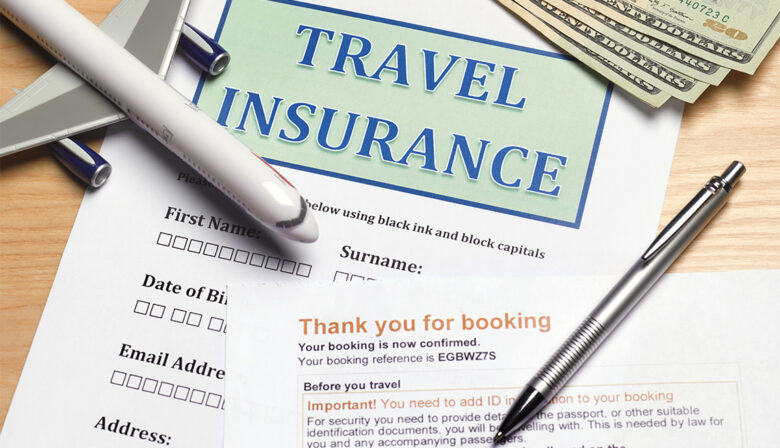Exploring ancient ruins and sampling street food in bustling markets are just a few of the incredible experiences that travel offers. But unexpected events can quickly turn your dream vacation into a financial nightmare. Medical emergencies, flight cancellations, lost luggage, and natural disasters are just some of the curveballs that can derail your plans. Travel insurance acts as your safety net, protecting both your wallet and your peace of mind. With the right coverage in place, you can focus on creating memories instead of worrying about what might go wrong.
Researching Policies
Not all travel insurance policies are created equal. Start by comparing offerings from reputable insurers, paying close attention to customer reviews and claim processing times. Seek companies with 24/7 emergency assistance and a proven track record of honoring claims. Consider your destination’s specific risks—tropical regions might require better medical evacuation coverage, while adventure destinations need policies that cover high-risk activities. Don’t automatically choose the cheapest option; instead, focus on finding the best value for your specific travel needs. Reading the fine print before purchasing can save you from unpleasant surprises when you need to file a claim.
Coverage Details
Comprehensive travel insurance typically includes several key components. Medical coverage handles emergency healthcare costs and evacuation expenses, which can reach hundreds of thousands of dollars in remote locations. Trip cancellation and interruption benefits protect your non-refundable expenses when you need to cancel or cut your trip short for covered reasons. Baggage coverage reimburses you for lost, stolen, or damaged belongings, while travel delay coverage helps with additional accommodation and meal costs. Some policies also include rental car coverage, missed connection benefits, and even coverage for travel companion emergencies. Understanding what’s included helps you avoid purchasing duplicate coverage you might already have through credit cards or other insurance policies.
Understanding Exclusions
Every travel insurance policy has exclusions—situations where coverage doesn’t apply. Pre-existing medical conditions are commonly excluded unless you purchase coverage within a specific timeframe after booking your trip. High-risk activities like extreme sports, mountaineering, or scuba diving below certain depths often require additional coverage. Alcohol- or drug-related incidents, intentional self-harm, and illegal activities are typically excluded. Travel to countries under government travel warnings may void your coverage. Standard policies often exclude mental health conditions, pregnancy-related issues, and routine medical care. Knowing these limitations upfront helps you purchase additional coverage if needed or adjust your travel plans accordingly.
Purchasing Tips
Timing matters when buying travel insurance. Purchase your policy within 14-21 days of making your first trip payment to access benefits like pre-existing condition waivers and financial default coverage. Compare annual policies if you travel frequently—they’re often more cost-effective than single-trip coverage. Consider increasing your medical coverage limits for international travel, especially to countries with expensive healthcare systems. Keep all receipts and documentation related to your trip, as you’ll need them for any claims. Download your insurance company’s mobile app and save emergency contact numbers in multiple places. Finally, inform trusted contacts about your policy details so they can assist you during emergencies when you might be unable to navigate the claims process yourself.
Protect Your Next Adventure
Travel insurance transforms uncertainty into confidence, allowing you to explore the world with greater peace of mind. The small upfront cost pales in comparison to the potential financial devastation of an uncovered emergency abroad. Take time to research your options, understand your coverage, and choose a policy that matches your travel style and destination risks. Your future self will thank you when you can handle unexpected challenges without derailing your entire trip or draining your savings account.
FAQs
1. When should I buy travel insurance?
Purchase travel insurance as soon as you book your trip, ideally within 14-21 days of your first payment. This timing ensures access to maximum benefits and pre-existing condition coverage.
2. Does travel insurance cover COVID-related issues?
Many policies now include COVID-19 coverage for medical treatment and trip interruption, but protection varies by insurer. Check specific terms and consider pandemic-related exclusions.
3. Is travel insurance worth it for domestic trips?
Yes, domestic travel insurance can cover trip cancellations, medical emergencies, and baggage issues. While medical costs may be lower, other benefits still provide valuable protection.
4. Can I purchase travel insurance after booking my trip?
You can buy travel insurance any time before departure, but purchasing later means missing out on time-sensitive benefits like pre-existing condition waivers and supplier default coverage.




